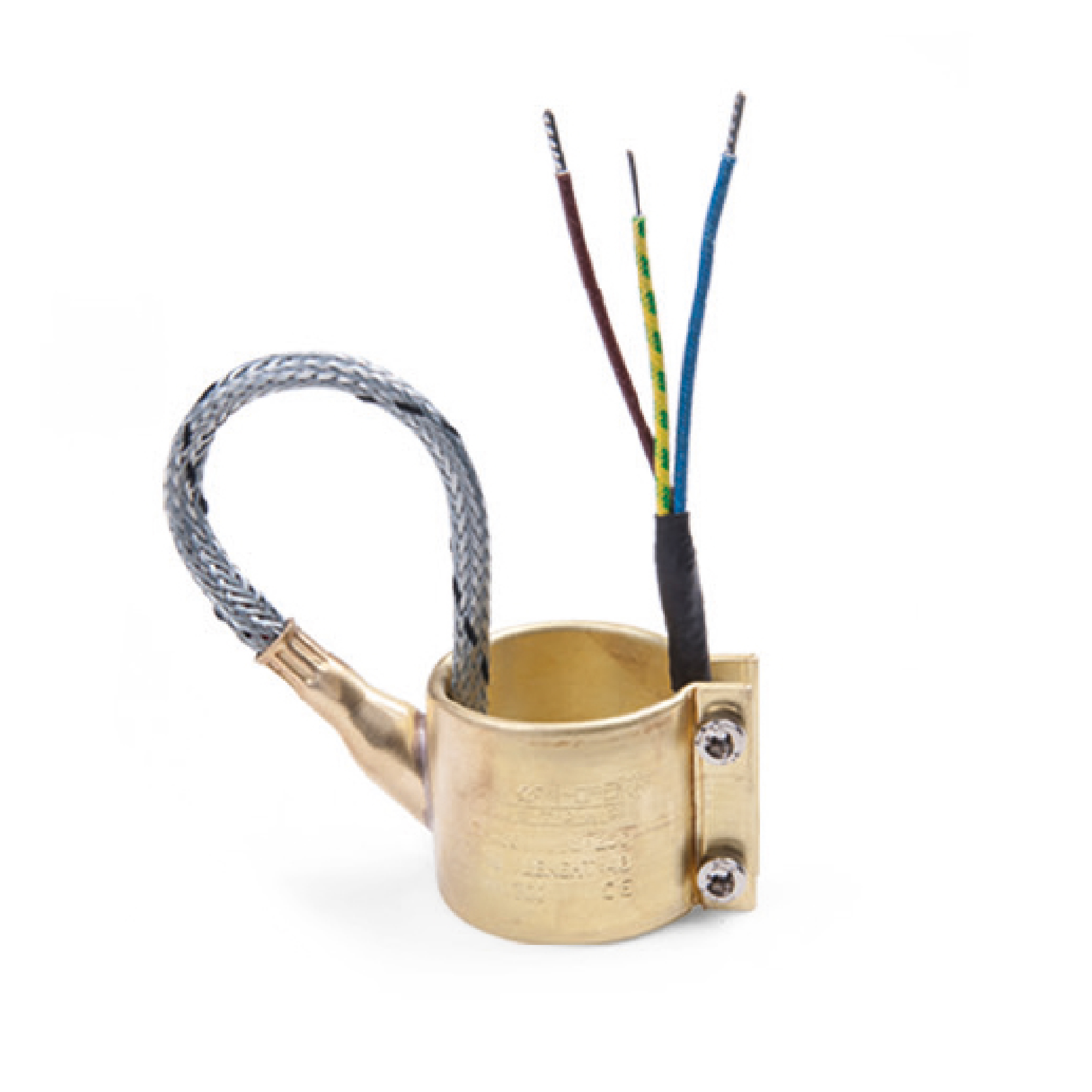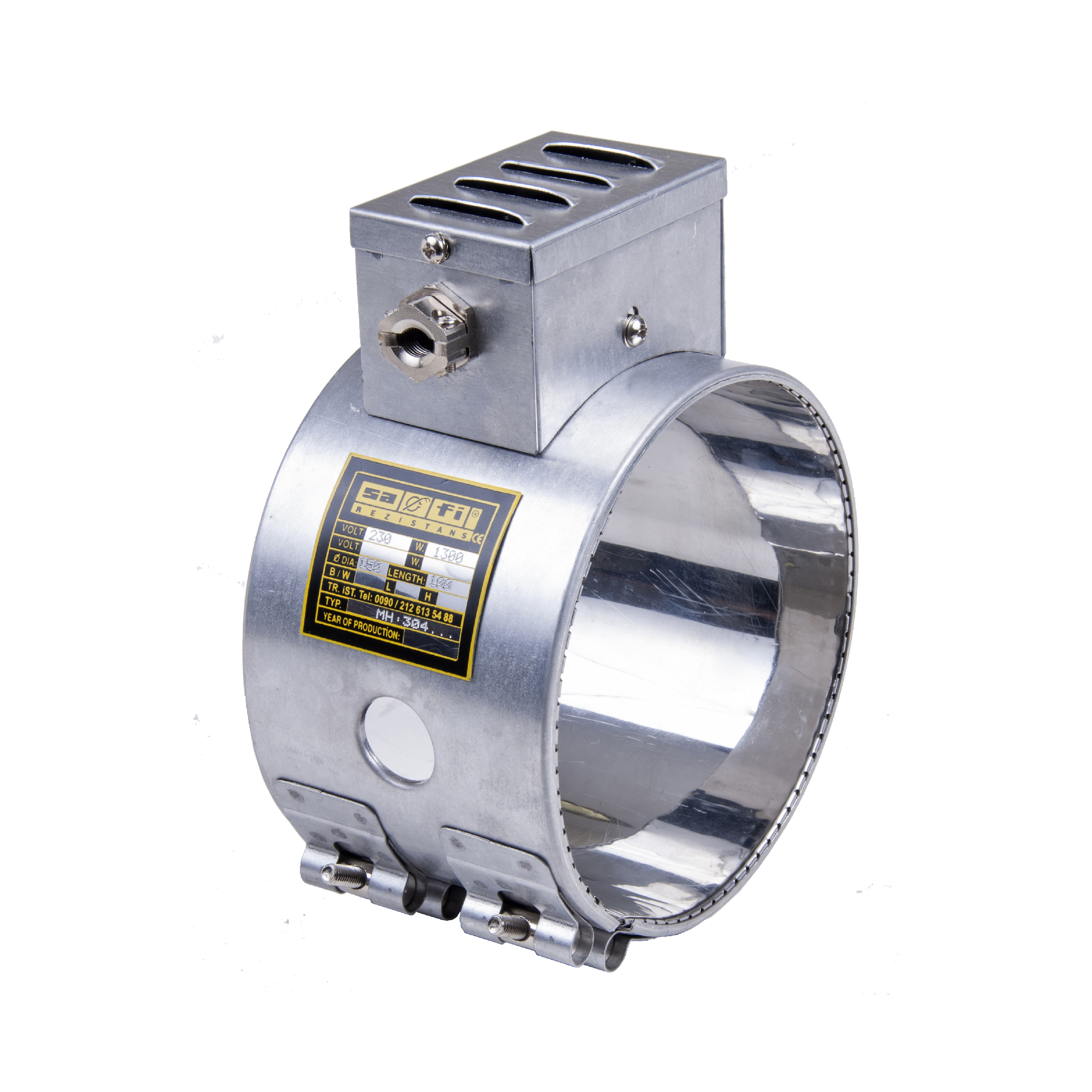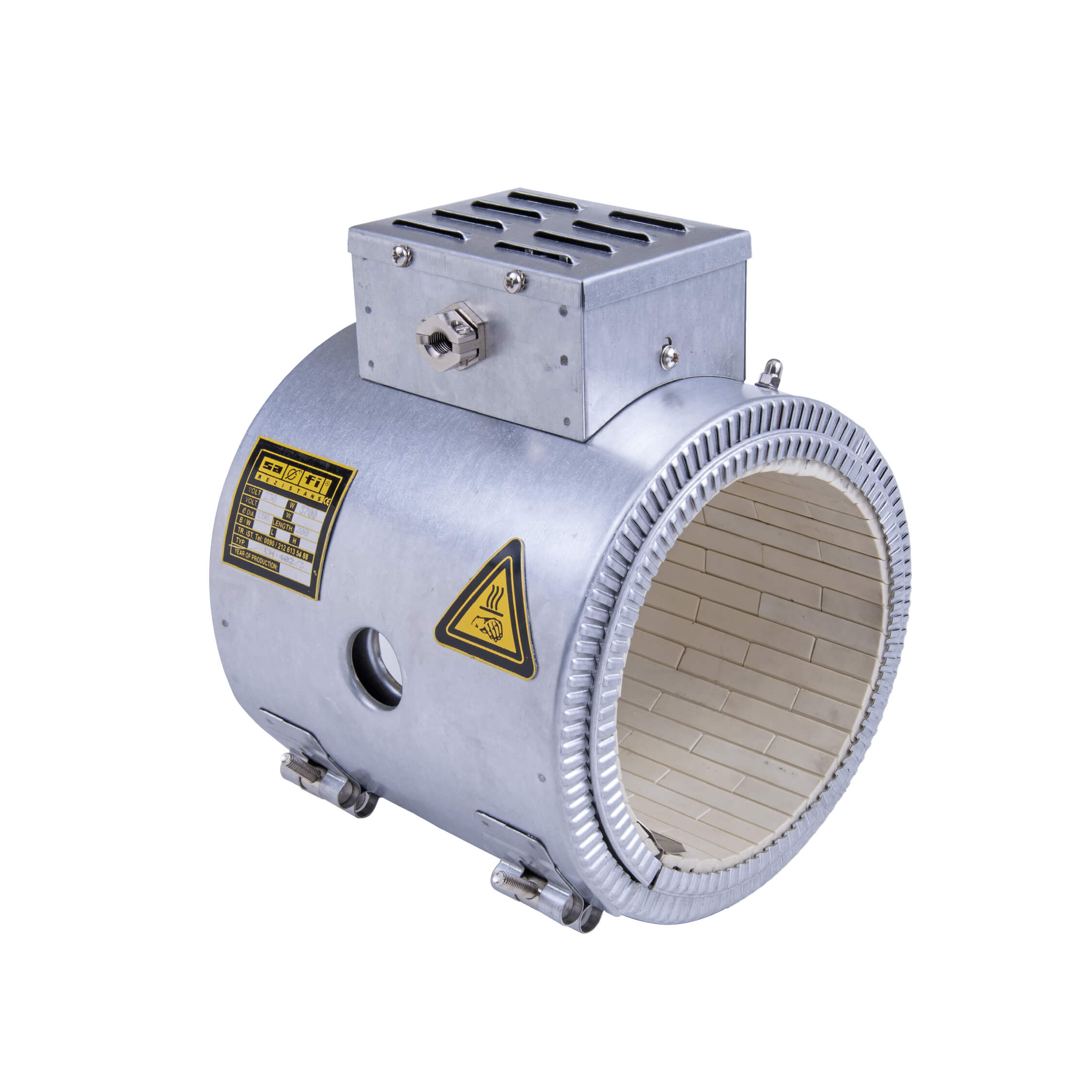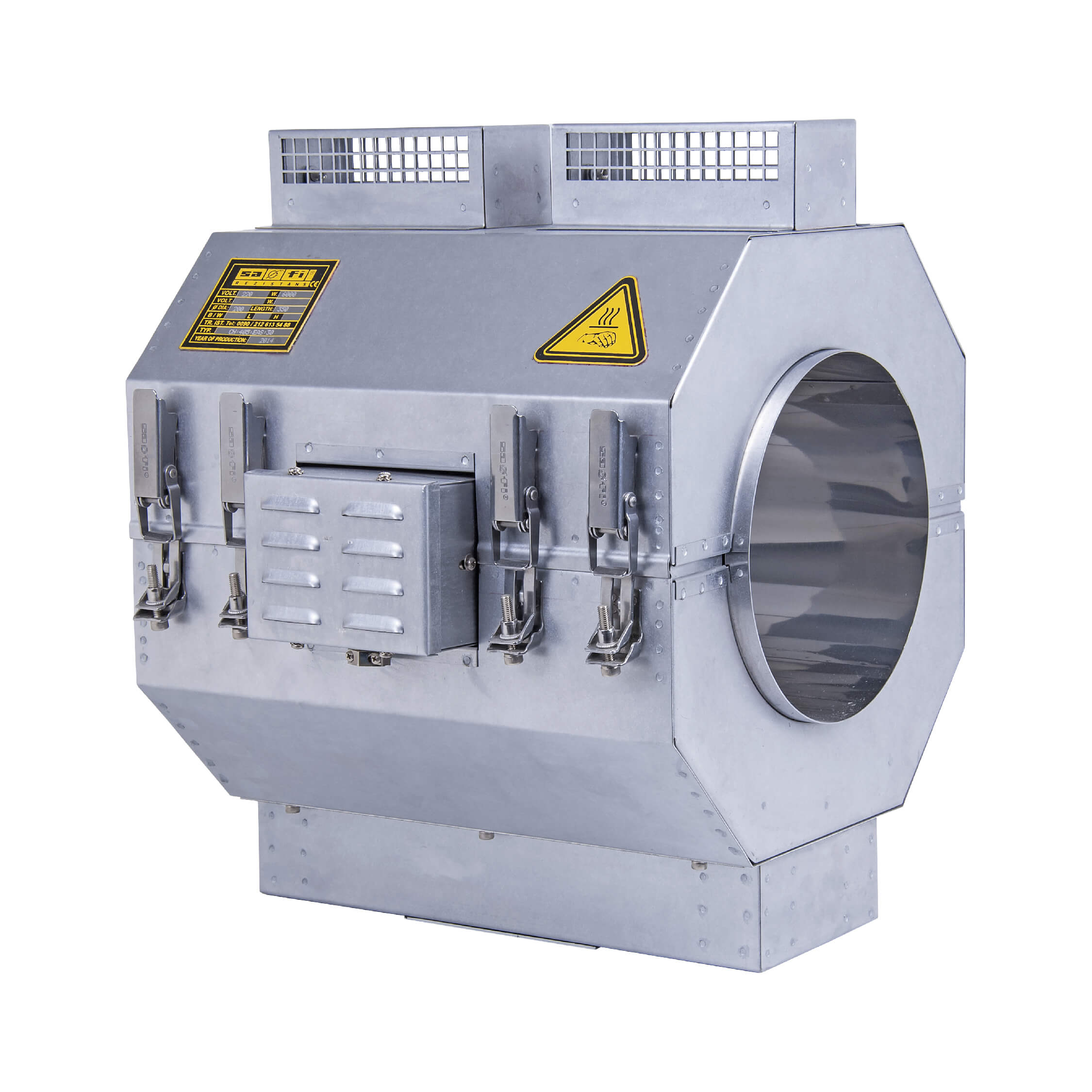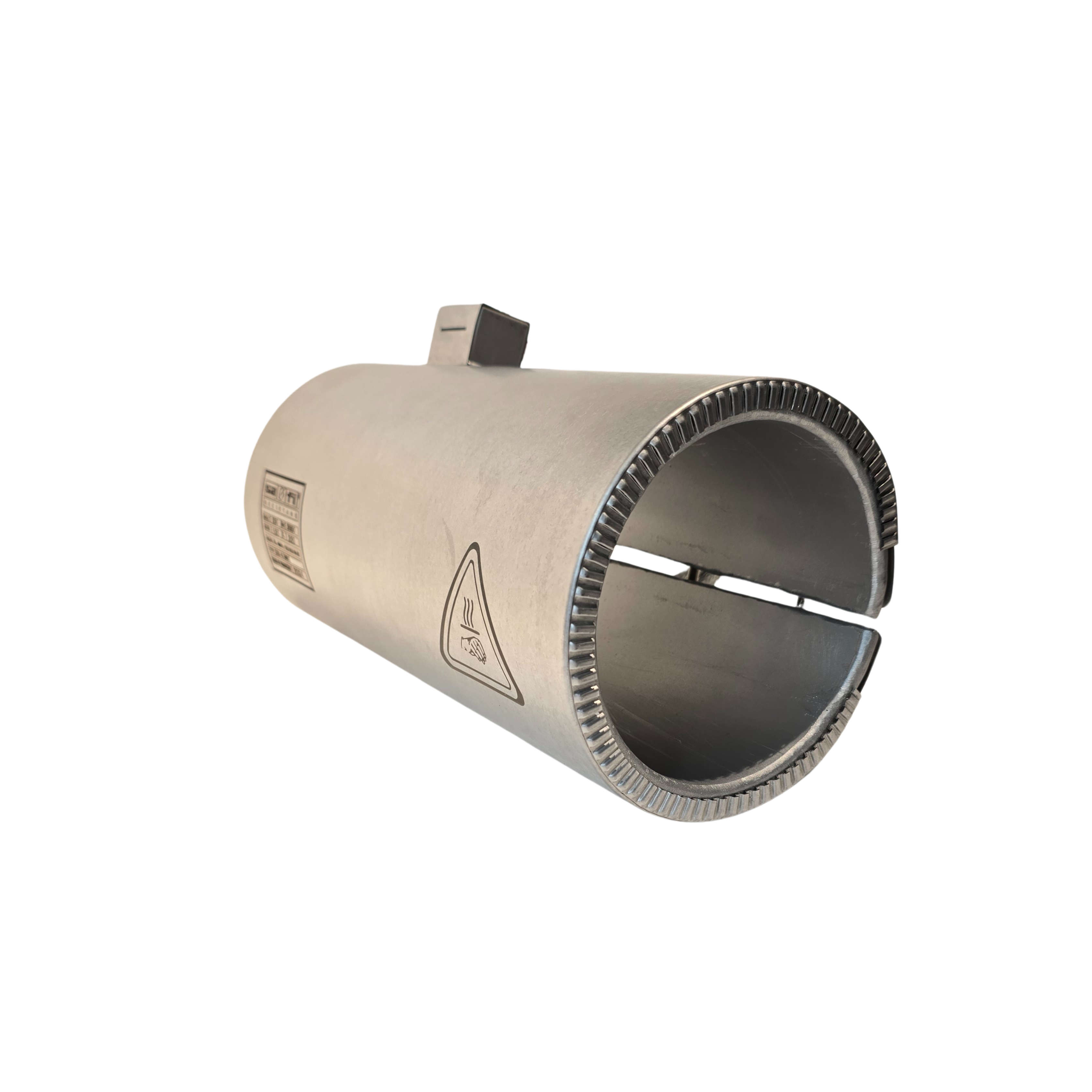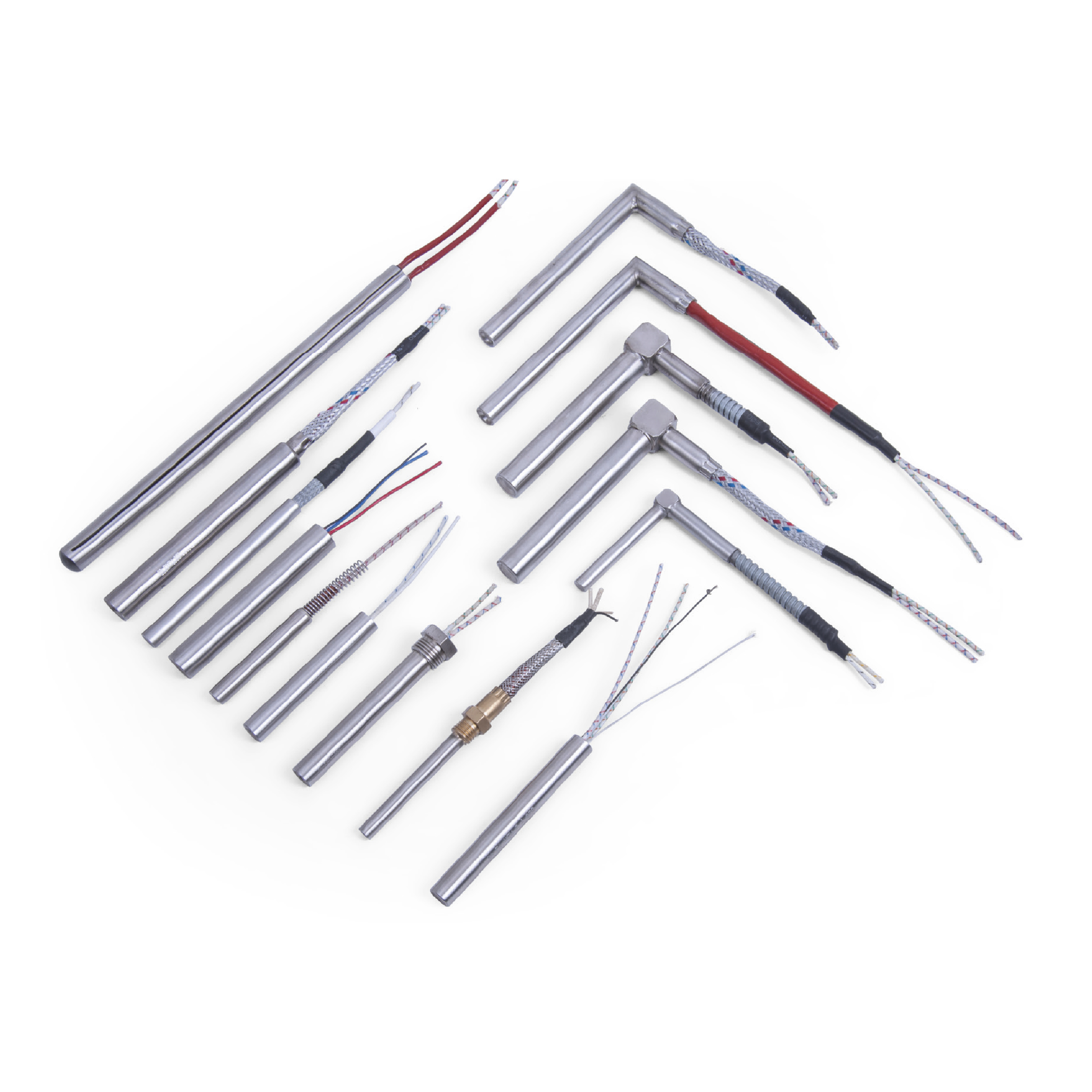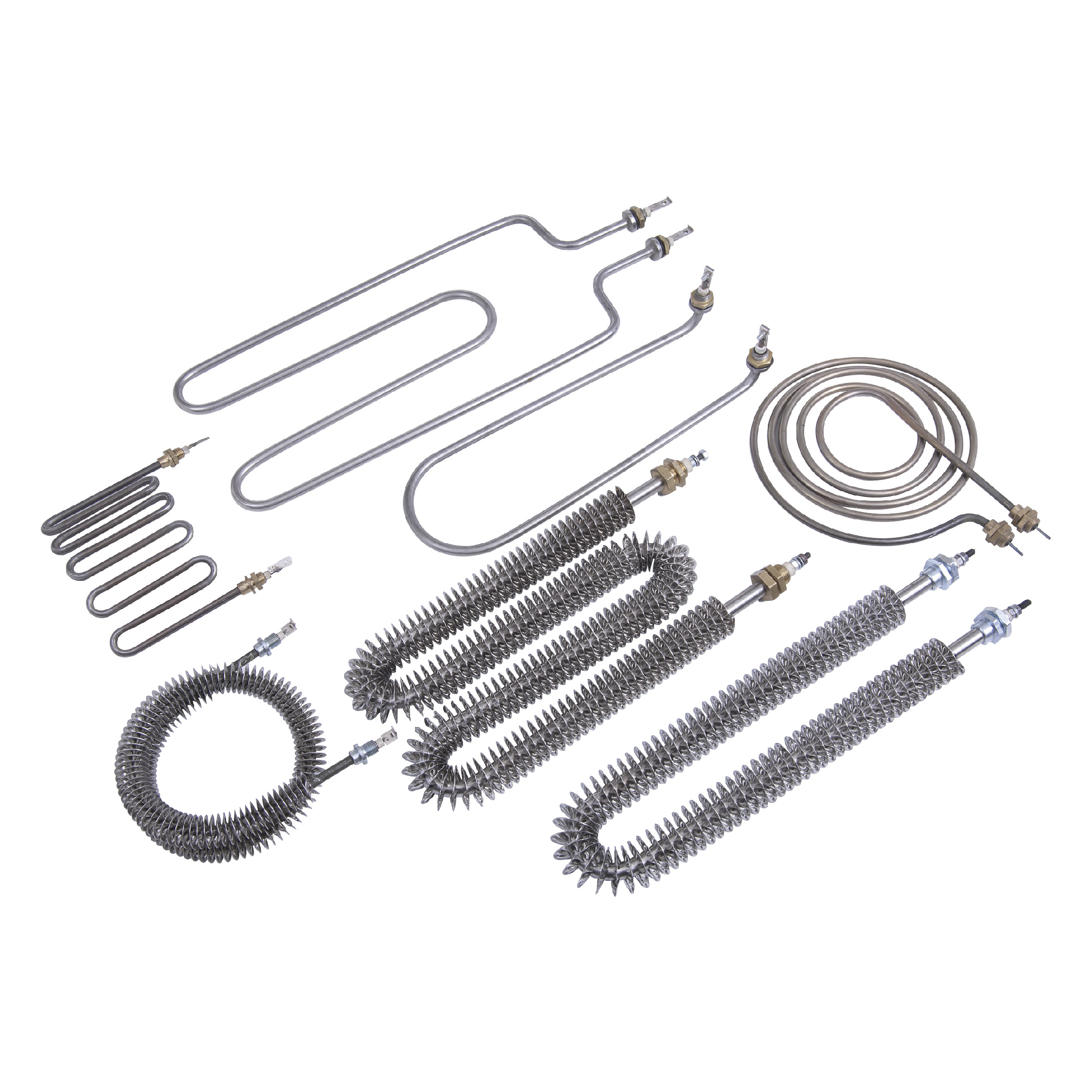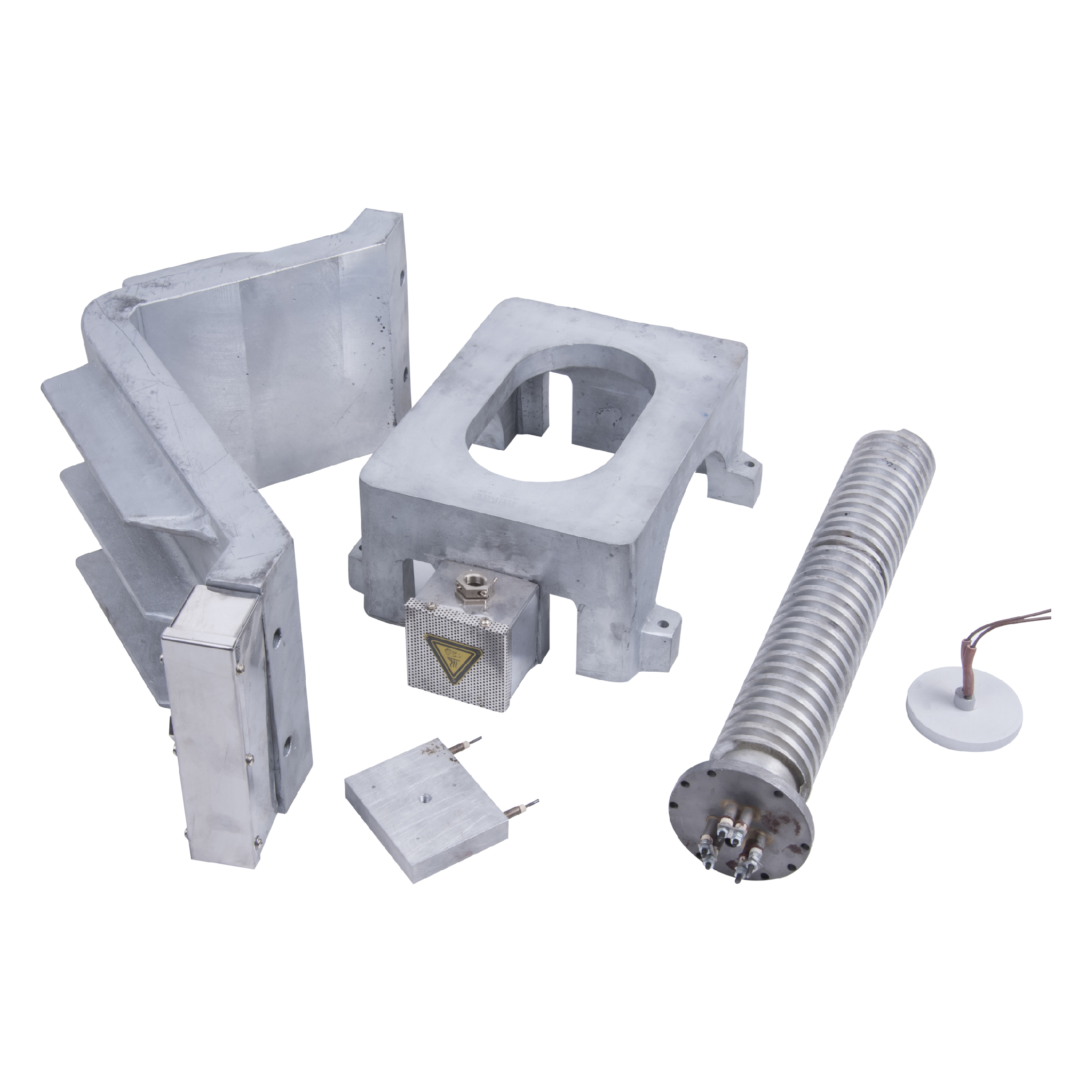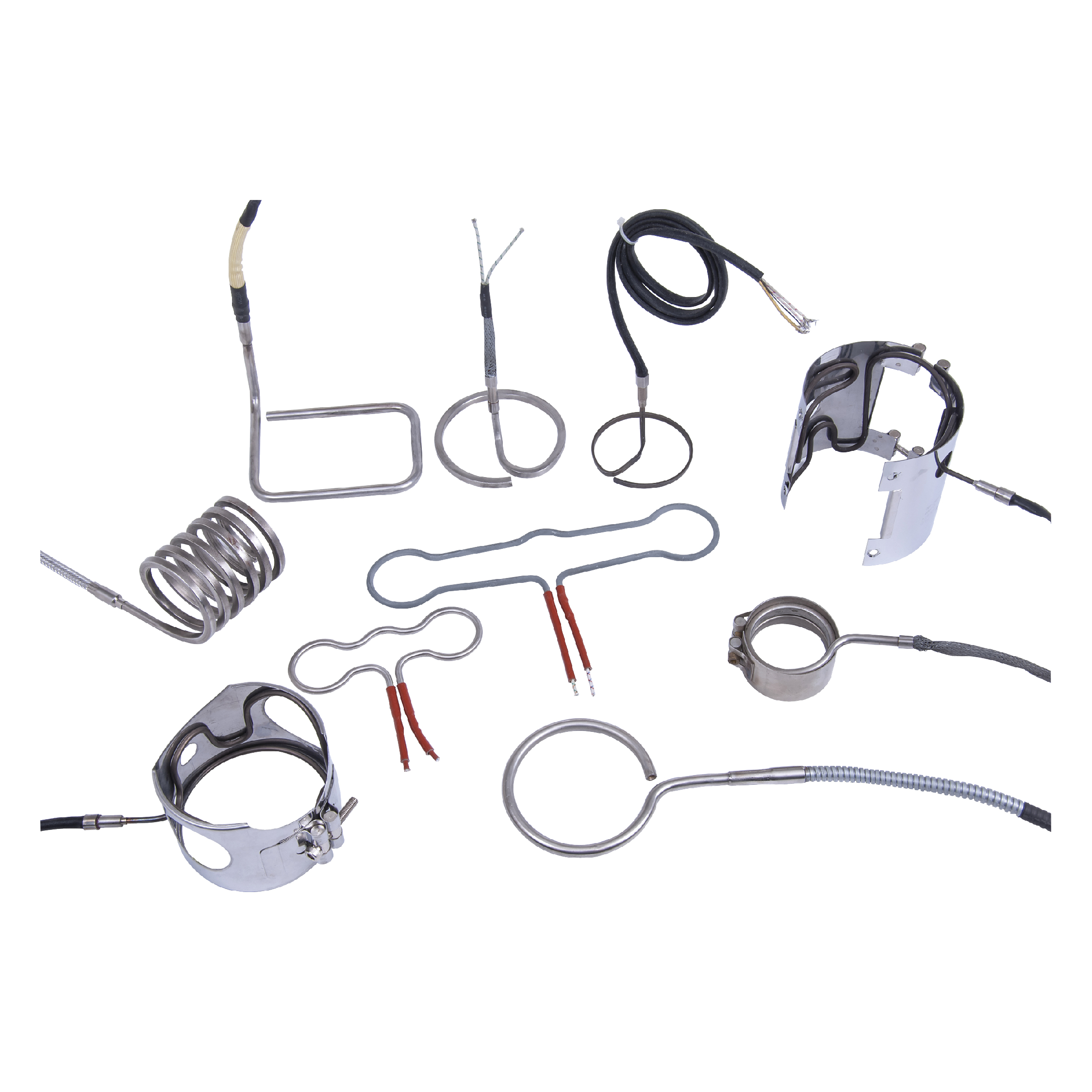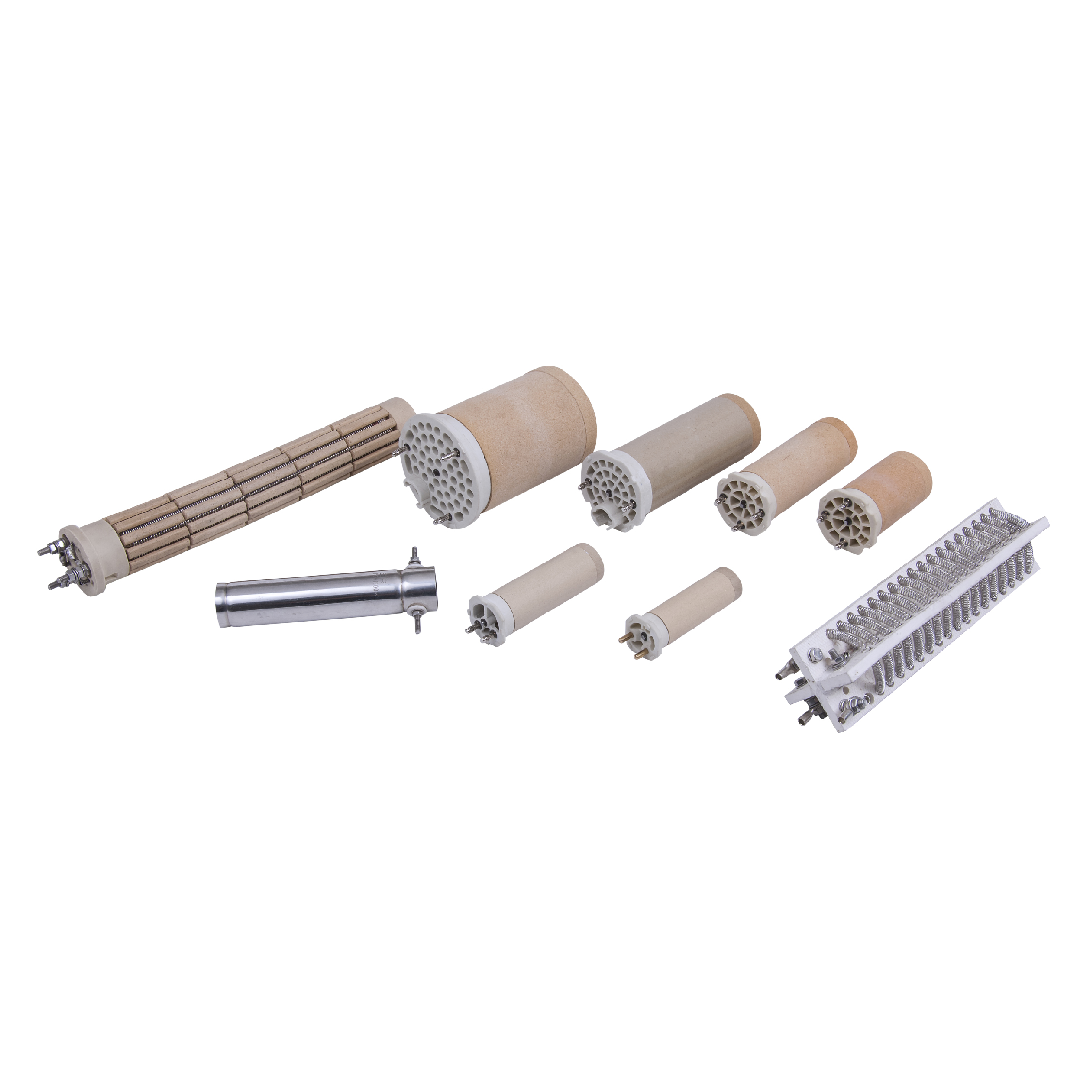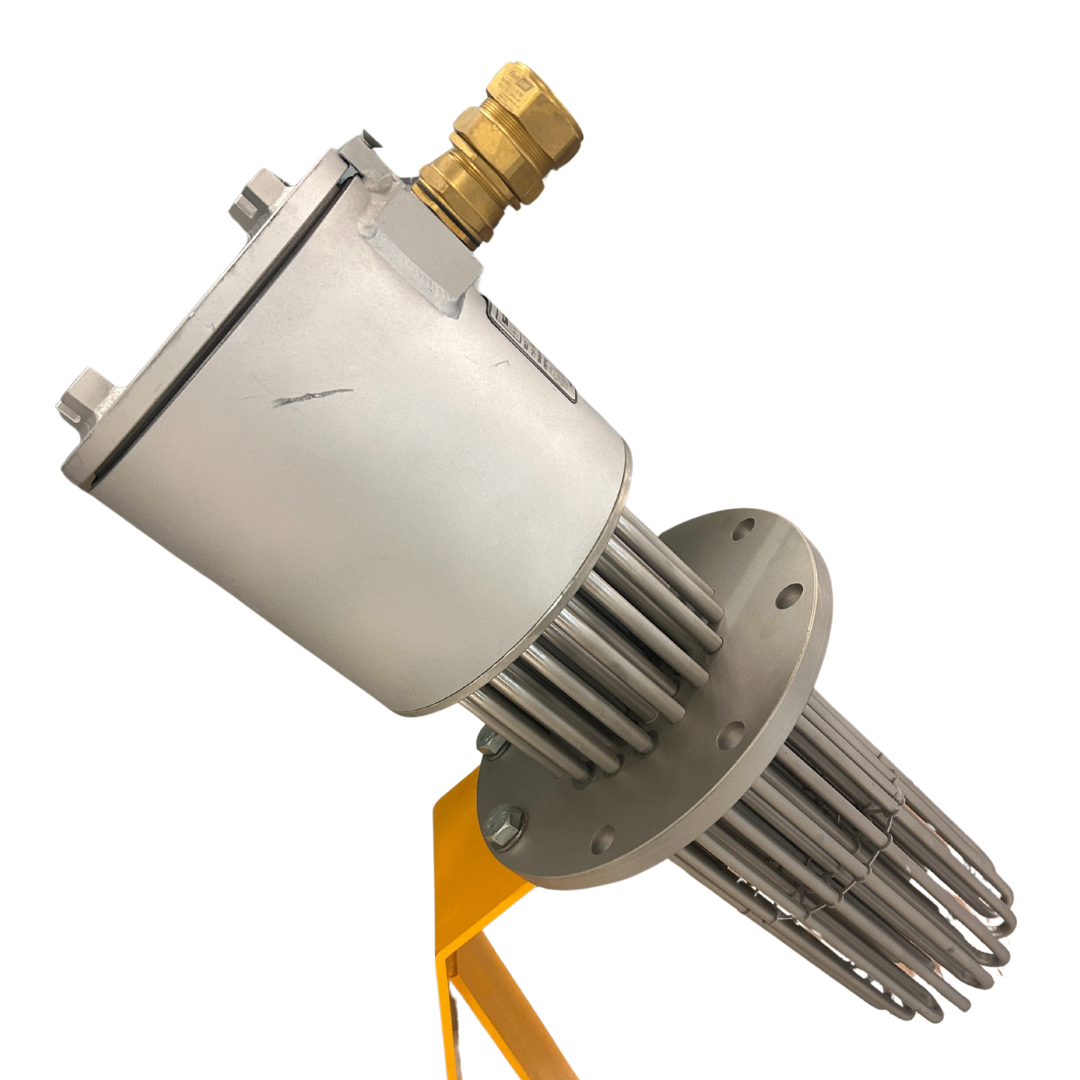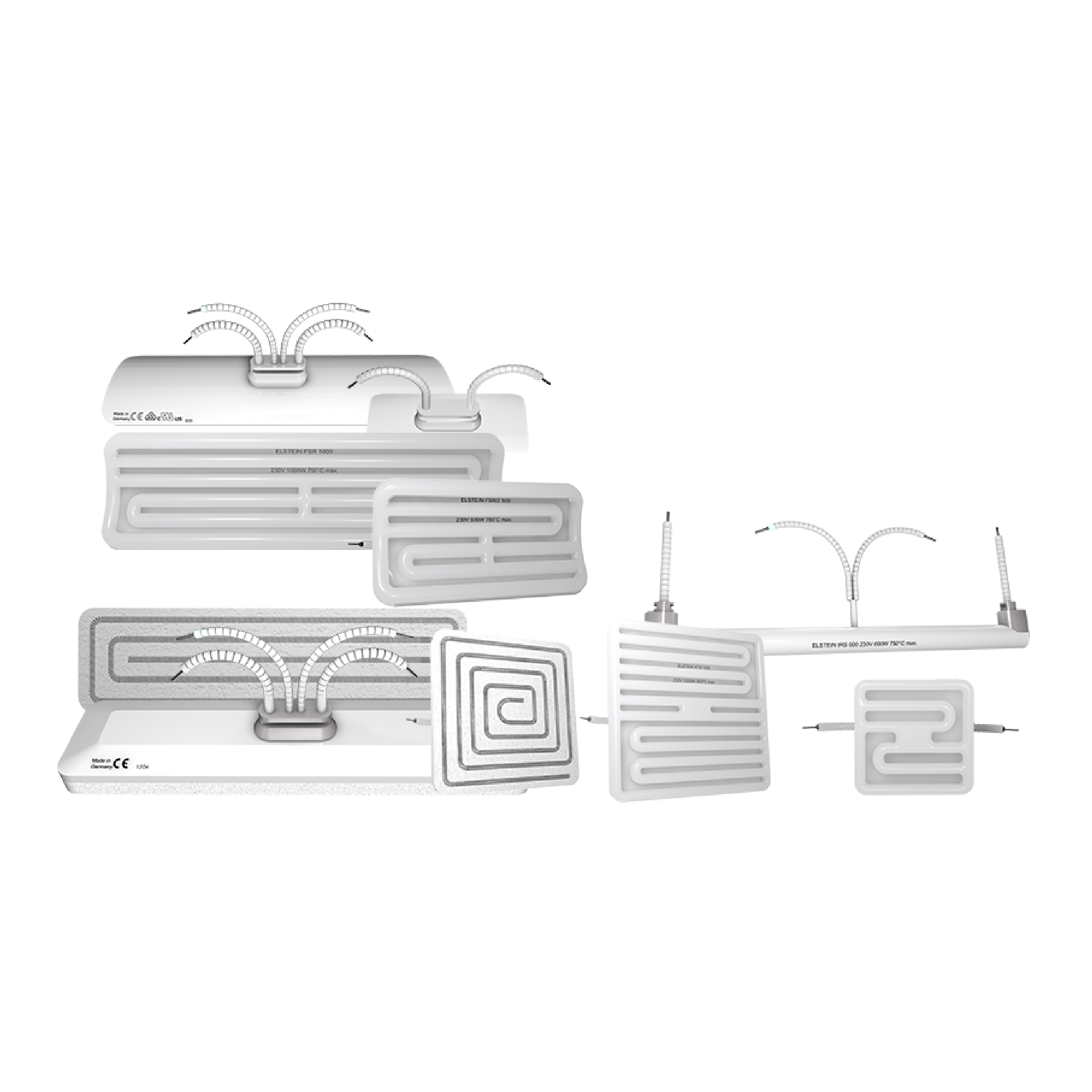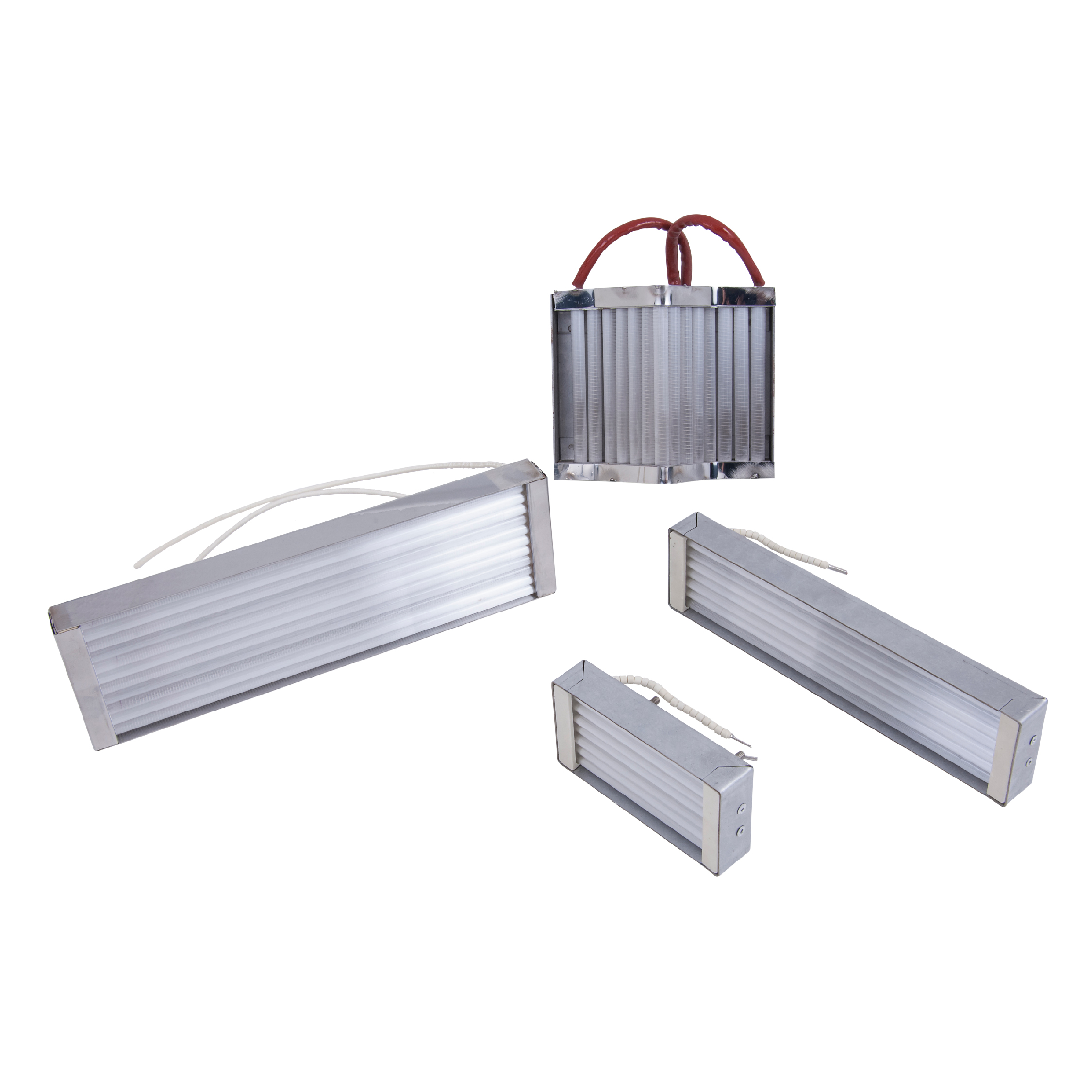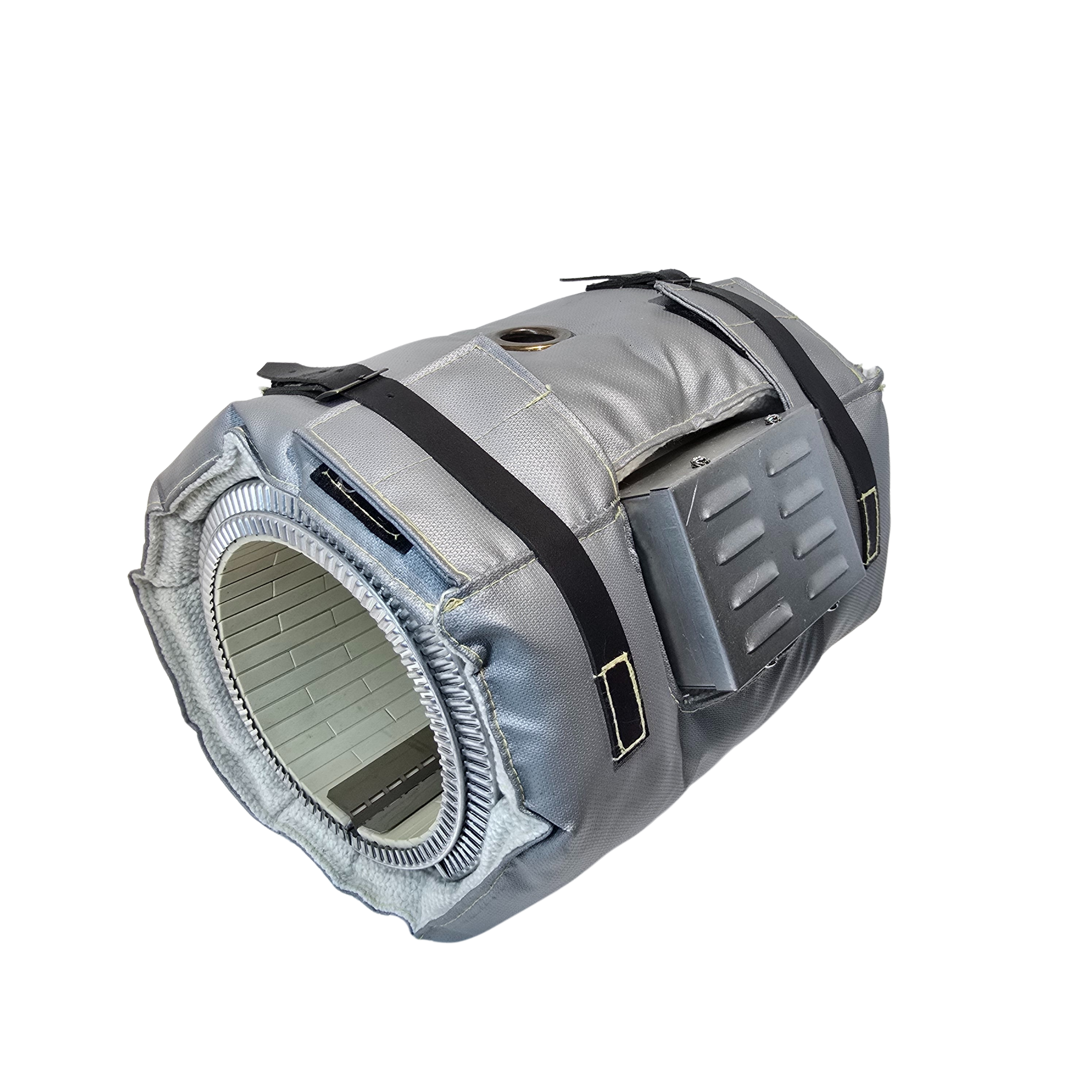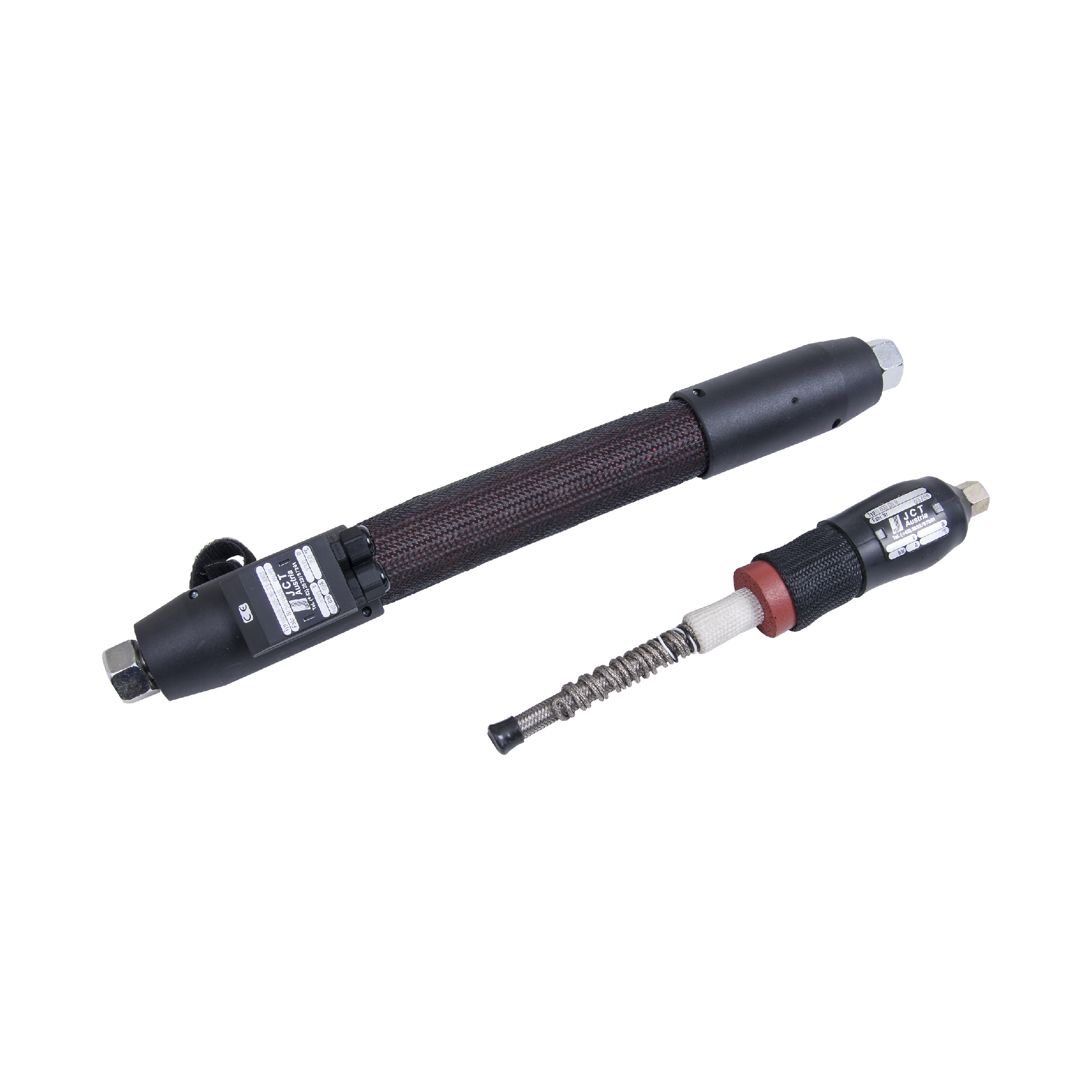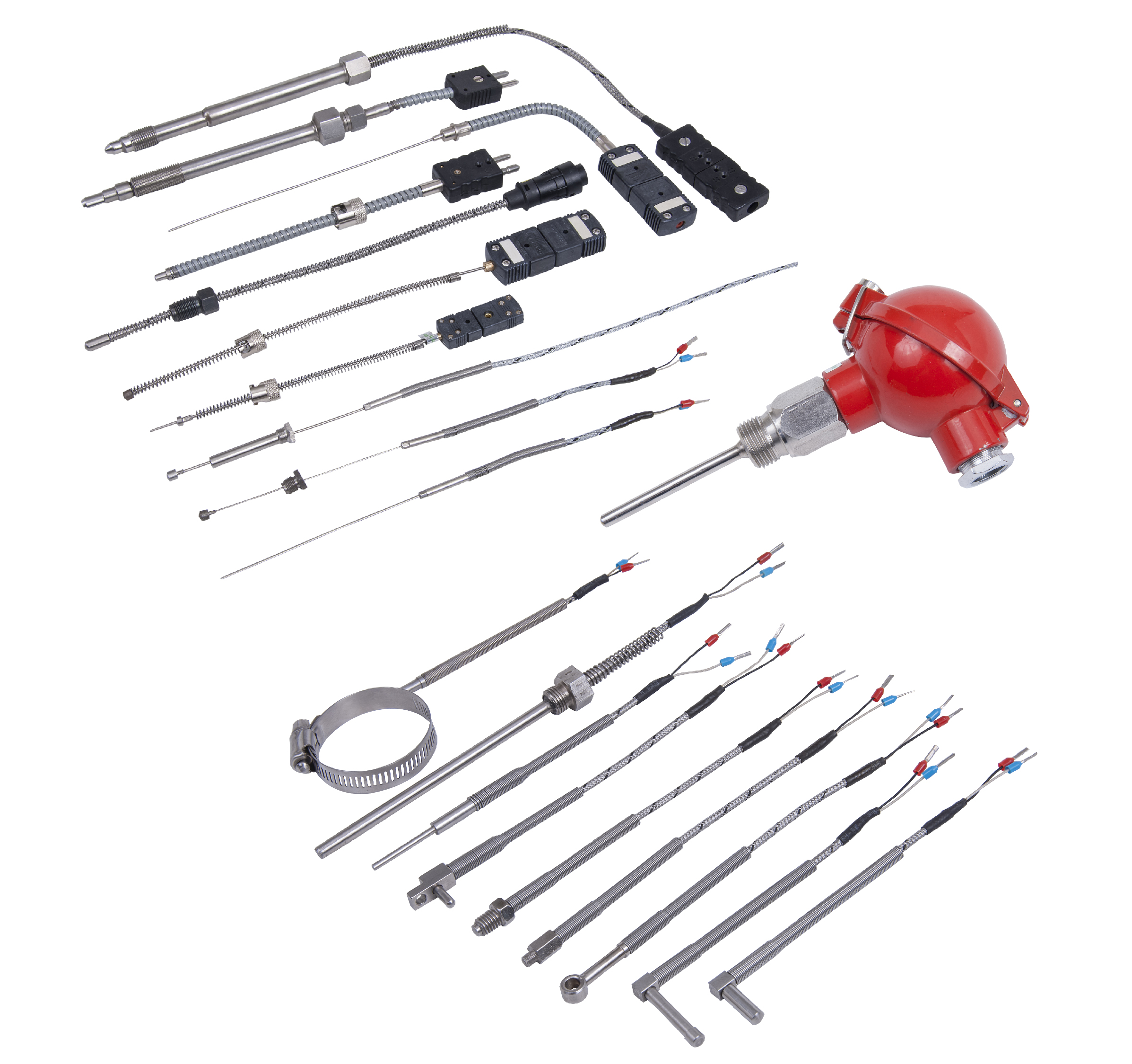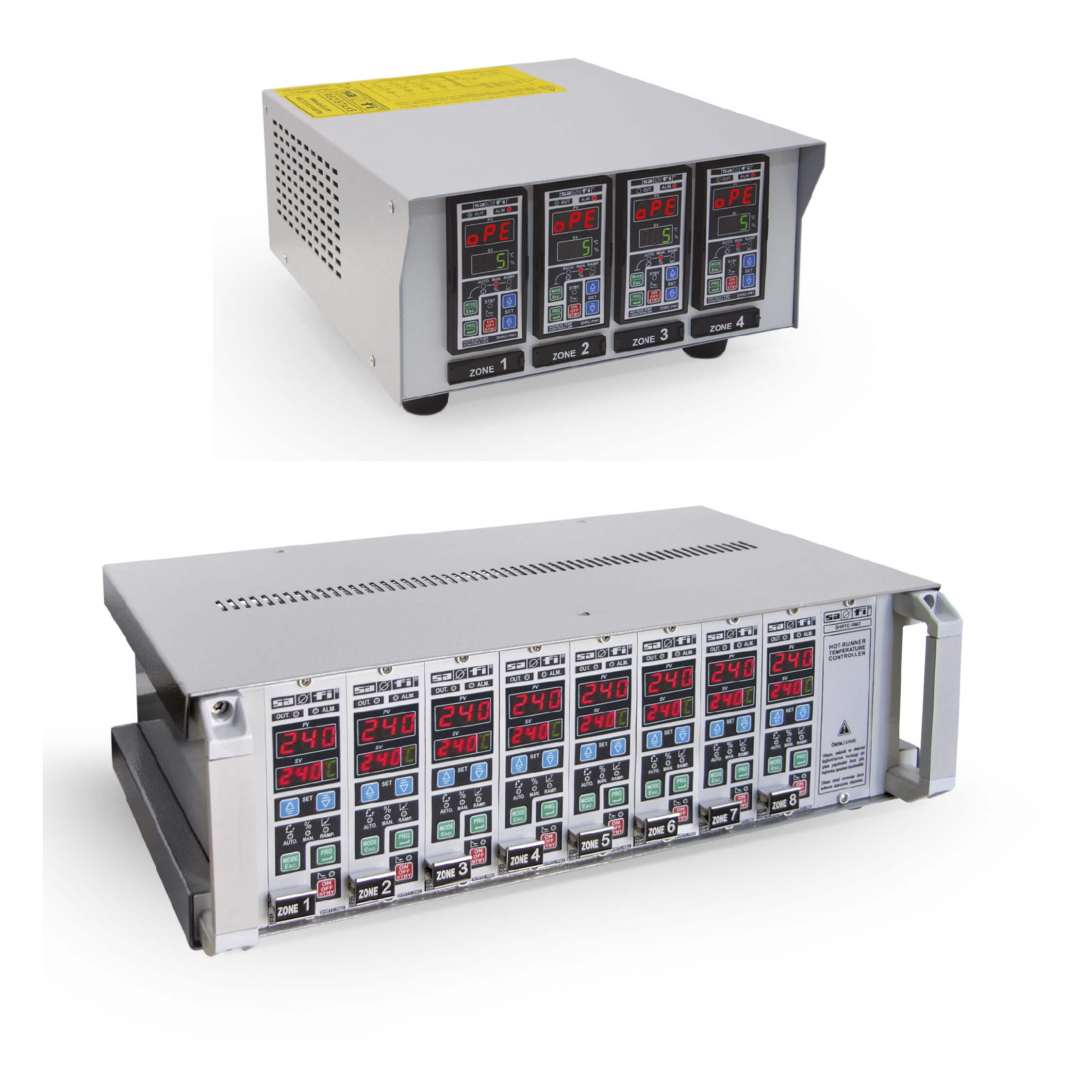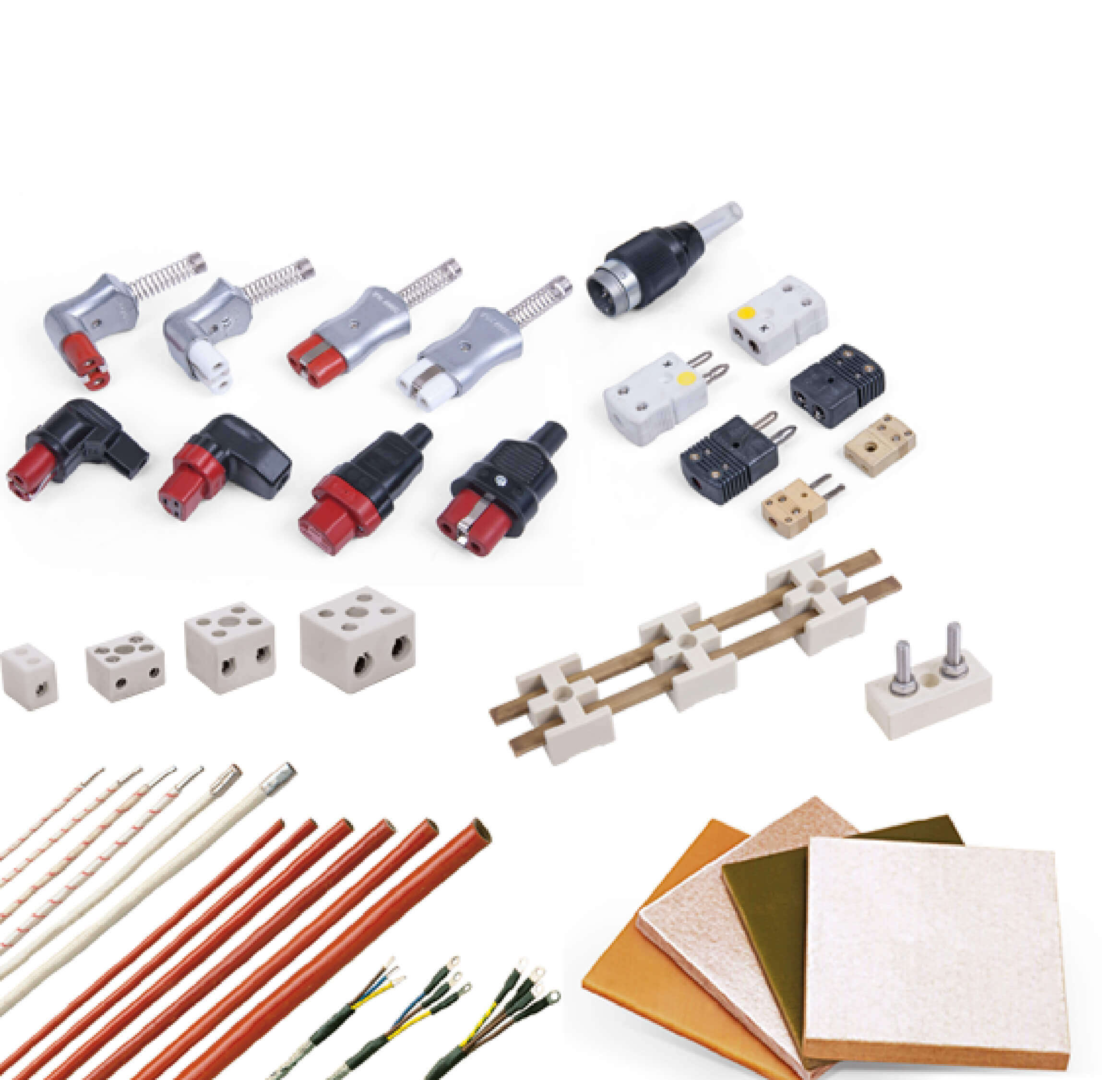How Does the Quality Control Process Work in Resistance Heater Manufacturing?
Resistance heaters are critical components in industrial heating systems. However, long-lasting performance requires more than just manufacturing—it depends heavily on a comprehensive quality control process. So, what kind of tests does a resistance heater undergo before it reaches the customer? Let’s break down the steps of quality assurance in resistance heater production.
1. Incoming Material Inspection
Quality starts with the right materials. The chemical composition and purity of nickel, chrome, and other alloys are analyzed in lab settings. At this stage:
- Wire and tube diameter tolerances are checked
- Surface cleanliness and corrosion resistance are tested
- Electrical conductivity and resistance values are measured
2. In-Process Quality Control
During production, a combination of operator inspection and automated monitoring systems is used:
- Precision of coil winding machines
- Welding point accuracy
- Homogeneous insulation material application
- Mechanical strength of shaped heaters
3. Electrical Testing
Every finished heater undergoes a series of essential electrical tests:
- Resistance test: Measured in ohms
- Insulation resistance test: Checks for short circuit risks
- High voltage (hipot) test: Ensures electrical durability
- Leakage current test: A standard safety requirement
4. Thermal Performance Testing
Thermal tests are conducted under lab conditions to simulate real-world use:
- Time to reach target temperature
- Surface heat distribution
- Thermal expansion behavior
- Thermal shock resistance
5. Visual and Physical Inspection
Every product is visually and physically inspected by trained personnel:
- Surface cracks or deformations
- Correct labeling and orientation marks
- Packaging integrity and shipping readiness
6. Certification and Documentation
The manufacturer provides all necessary documentation along with the product:
- ISO 9001 quality management system
- CE and RoHS certifications
- Individual product test reports
A robust quality control process in resistance heater manufacturing guarantees product safety and operational efficiency. Each tested and verified heater ensures long service life, reduced failure rates, and optimal energy use for industrial applications.

